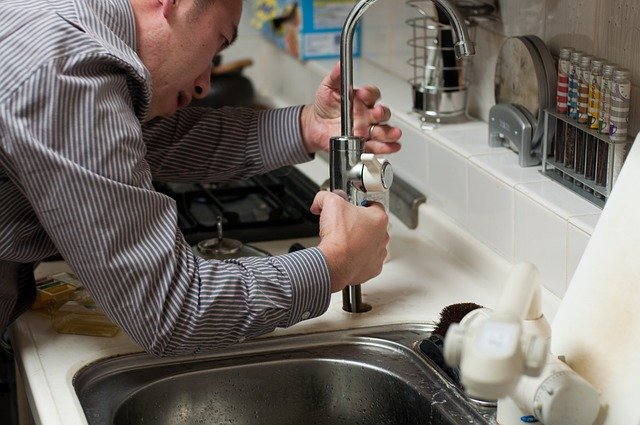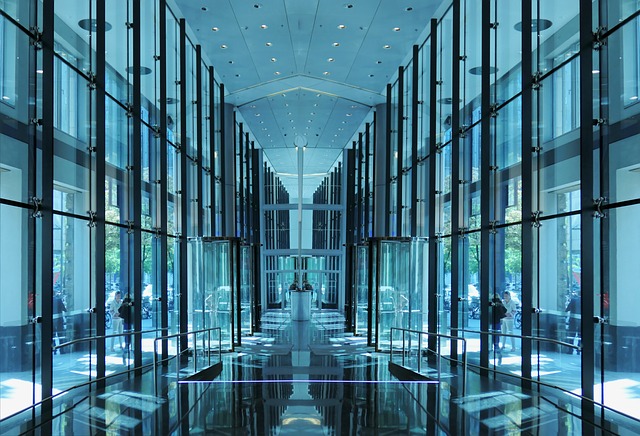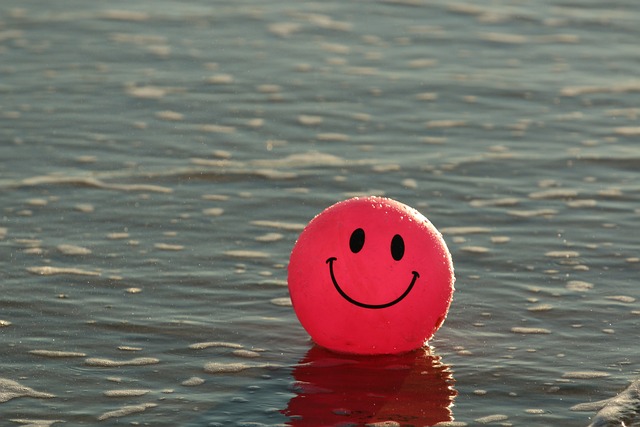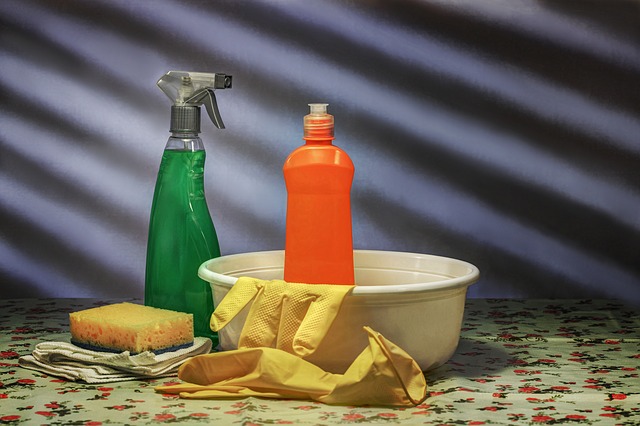Bringing your home to the level of comfort you desire takes a lot of time, money, creativity, and hard work. The thought of a broken pipe flooding your kitchen or bathroom or raw sewage running back into your home can be daunting. Plumbing disasters can create a lot of mess, making your home a source of stress rather than the place where you find comfort and peace. Plumbing disasters can also cost a lot of time and money, so it’s essential to learn to detect the first signs of trouble. If you pay attention to the warning signs, you can take the necessary steps to avoid or minimize the damage.

Here are five tips that will help you avoid a plumbing disaster.
1. Hire a Plumber
The first and most important tip for avoiding plumbing incidents is to let a professional take care of your plumbing issues. If you don’t have solid plumbing experience, you risk causing additional damage by installing or repairing the system by yourself.
Hiring a professional plumber is the most cost-effective solution for most homeowners. A plumber can quickly detect visible and invisible problems and has the right tools and equipment to fix issues without causing a mess in your home. Moreover, a plumber can inform you of potential issues to expect down the road, which is crucial if you own an older home or apartment.
DIY repairs save you money at the moment, but if they’re not 100% thorough, they can end up costing you a lot more in the future. When it comes to kitchen or bathroom renovation, the services of a plumber are essential.
2. Pay Attention to Strange Noises
Another essential tip for avoiding a plumbing disaster is to pay attention to strange noises in your home. Pipes become noisy when they develop defects or when they’re not mounted firmly in place.
If the mounting straps are loose, the rushing water can make the pipes rattle. The same can happen if the water pressure is higher than normal: the increased pressure will cause the pipes to vibrate as the water passes through them. Insufficient cushioning can also cause the pipes to make strange noises when you turn on the water.
Strange noises coming from the pipes or drains are clear signs that you’re facing a plumbing issue that is likely to escalate as time passes. Do you hear weird whistling, humming, or gurgling sounds when you turn on the tap? This is an indication that there’s a problem. You will need to act quickly to find the cause before you experience more damaging effects.
3. Do not Ignore Leaks
A small leak may not seem alarming, but it’s not unheard of for a small leak to lead to a flooded home. A leak is a sign of a system failure. Until you identify the underlying cause, you cannot be certain that it’s innocuous. With constant use, the plumbing systems gradually degrade. Small leaks can cause thus cumulative damage. For example, if the cause of the leak is pipe corrosion, a rupture can occur at any moment, flooding your home.
A top tip is to perform regular checks for leaks. The signs are not always obvious. Does moisture accumulate on walls? Do you notice musty odors? If the answer to these questions is yes, a pipe is probably leaking. Leaking toilets and drippings faucets typically make noise, so they’re easier to spot.
Take note of small leaks and seek to fix the issues as soon as they appear. Addressing the problem early on is the only way to avoid a plumbing disaster.
4. Purchase Drain Screens to Prevent Clogging
When you wash grease, food particles, paper, hair, and various tiny items down your drains, they will form clumps and block your pipes. Thus, flushed water can no longer travel through the pipe system. A few strands of loose hair in the shower drain or a hygiene product flushed down the toilet are enough to cause a clogging problem. And a clogged drain causes a high accumulation of water in the pipes. The growing pressure may cause a pipe to explode.
Keeping your pipes clean is essential for avoiding a plumbing disaster. And an effective way to do it is to purchase screens for all the drains in your home. The kitchen sink, shower, and bathroom sink need drain protection. Drain screens are little pieces of metal that prevent clogging material from traveling down the drain and building up in your pipes. They only cost a couple of dollars and can prevent many headaches.
5. Avoid Unclogging the Drains with Harsh Chemicals
A clogged drain is one of the most common plumbing problems in homes all over the world. Since it’s such a common problem, it has a mass-market solution: chemical products that melt the clumps of clogging material. Although effective, this solution is not ideal. Harsh chemical products provide immediate relief, but they cause different types of problems. They reduce water quality and harm the environment, and they also corrode the pipes, causing long-term damage.
By using harsh chemical products to unclog your drains, you will speed up the pipe corrosion process, thus considerably reducing the lifespan of your plumbing system. Chemicals can even erode cast-iron pipes. They can also cause tiny pipe holes.
Final Words
Clogged drains, leaking faucets, noisy pipes, moldy walls, or low water pressure are common issues of the plumbing system. All of them can affect the level of comfort you experience at home.
Thankfully, many plumbing problems have a gradual effect and produce early signs. In many situations, you have plenty of time to detect and prevent issues before they cause costly damage to your home. Make it a habit to check regularly for leaks, noises, and peeling paint around pipes. Run both cold and hot water in all rooms. Is the water pressure normal? If you notice something suspicious, consider calling a professional plumber. It will give you a lot of peace of mind to know there are no hidden problems to be wary of.
A plumbing disaster can create a lot of mess in your home. Use the tips above to make sure everything runs smoothly.






